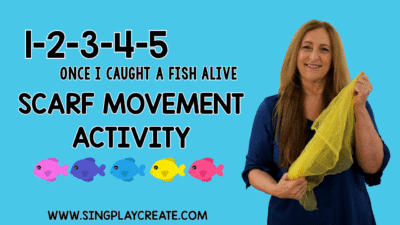
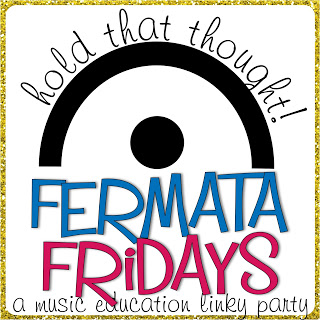
If you’re like me you might struggle with teaching students the language of music in that you only see them for one 40 minute class time per week. Some important questions to ask might be; Can anyone learn anything in that amount of time? What are the most effective ways to maximize learning time? What techniques and strategies might I employ to maximize learning? How can I teach and assess in that amount of time? What are some of the critical elements of music that students should retain from my curriculum?
Whew!
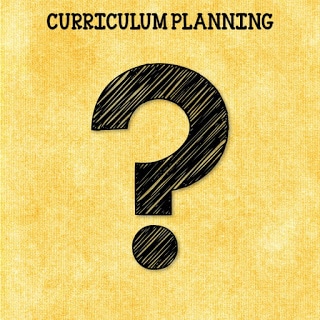
Music educators have various background, some may have Kodaly training, some Orff, instrumental backgrounds, vocal backgrounds, Music Theater backgrounds and some teach with little more than their own personal experience. How are we as music educators with various educational levels supposed to answer to and conform to standards of excellence?
I don’t have all the answers, but I do feel overwhelmed sometimes. For example:
February
Do I just focus on Valentines Songs? Do I try to sing Valentine’s songs and play instruments? Sing? Perform? Notation activities?
What about President’s Day? Patriotic music?
Let’s go back to my original questions.
What are the most effective ways to maximize learning time? What techniques and strategies might I employ to maximize learning? How can I teach and assess in that amount of time? What are some of the critical elements of music that students should retain from my curriculum?
1-CHOOSE A THEME for the MONTH or the QUARTER.
I plan my lessons by the month and use holiday, seasonal, and, or curriculum themes.
For example:
In January I use Winter Themes, Snowman puppets, Snowman activity songs, Winter songs and games in addition to the Holiday themed materials like Martin Luther King Jr. Songs and activities.
I have found when the students come in the room and see the Snowman puppets they can relate to the lesson better because they have Winter based lessons in their classrooms.
I do not use only Winter Themed materials though. 4th graders may be doing Folk Dances which have no Winter theme-but we might do a Winter Rhythm or notation activity at the beginning of class to tie into the Winter theme.
2- CHOOSE SEQUENTIAL LEARNING GOALS FOR EACH GRADE BASED ON STATE OR NATIONAL STANDARDS.
I have found that creating sequential learning goals and lessons is critical to overall retention of music skills. What I mean is that over a 4-9 week period, we focus on one concept during the main part of the lesson.
My state has so many standards that I can’t possibly teach them all in one year for each grade level, so I choose the ones that I feel are most important and I really focus on those standards. I may teach some lessons that will highlight the others-but I have found that focusing on fewer concepts and learning them well is more important than students experiencing everything and not really INTERNALIZING any concepts.
I have chosen certain Music Concepts that are important for each grade. Standards aside-you may want to think in terms of how a child sees your class. If the child were to choose what he wanted to learn, the words might sound more like this:
3-CHOOSE ONE MUSIC CONCEPT TO FOCUS ON FOR 4-6 LESSONS
MUSIC CONCEPT LESSONS
Week 1: Present Music Concept through puppets, smartboard, visuals, listening activity, youtube, teacher performance, video, or game.
Week 2: Review through students participation by interacting with the “activity” used to present. Reinforce through a game or printable.
Week 3: Review and Reinforce through game, add playing instruments or other activities such as printables, games, performance. Try using some concept Centers.
Week 4: Have students share what they know either in an assessment or performance.
CLOSURE: Student feedback on “what you’ve learned” and “how you rated”.
4-CHOOSE A CURRICULUM YOU ARE PASSIONATE ABOUT AND WILL GIVE YOUR STUDENTS SOMETHING TO REMEMBER
I decided to have offer a broad musical experience to the students at my school. I structure my grade curriculum like this:
KINDER-2ND
Singing-Kodaly methodology and Orff Instruments combined with Note reading and Composition, Folk Music, Multi-Cultural Music and Composers (this is just the basics)
3RD GRADE -UKULELE
4TH GRADE-Singing-Kodaly methodology and Orff Instruments combined with Note reading and Composition, Folk Music, Multi-Cultural Music and Composers (this is just the basics) a strong focus on note reading during the 3rd and 4th quarter to prepare for Band, Strings or Keyboards
5th GRADE -Keyboards and Notation
6th GRADE-GUITARS
I offer a CHORUS program before school for my students who love to sing.
Don’t get discouraged and try to work with the students and parents at your school. My students love to play instruments! They also like to sing! Lucky me! You’ll find your groove as you work through the process. Start with a framework of basic skills and slowly progress through the concepts. These are just some general ideas that might help you structure your curriculum so that it flows more easily from month to month and year to year. The end goal is to have those Kinders reading, playing and composing music by the time they are in 4th or 5th grade. It’s a tall order!
Here are some resources available to help you plan out your Curriculum. I am in no way affiliated with either of these products, but can recommend them to you to check out.
NATIONAL ASSOCIATION OF MUSIC EDUCATION
LONG RANGE CURRICULUM PLANNING RESOURCE
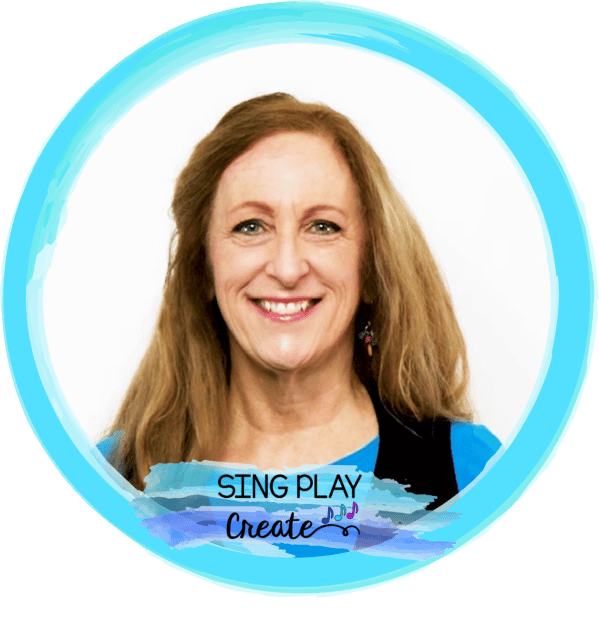
Hi there! I’m Sandra, one of the authors behind Sing Play Create. My goal is to provide teachers with interactive resources and activities to improve the effectiveness of their teaching and enhance student learning.
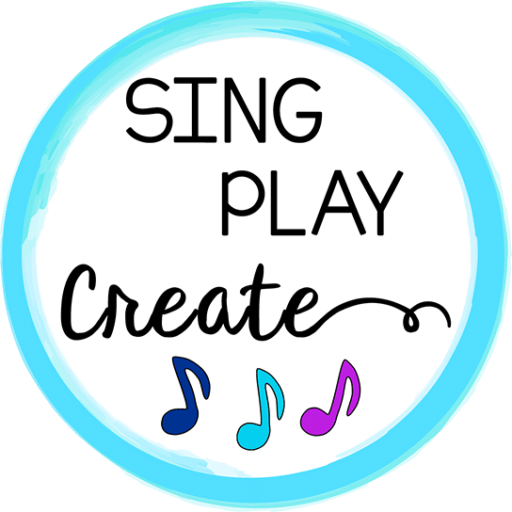
© 2022 Sing Play Create. All Rights Reserved.